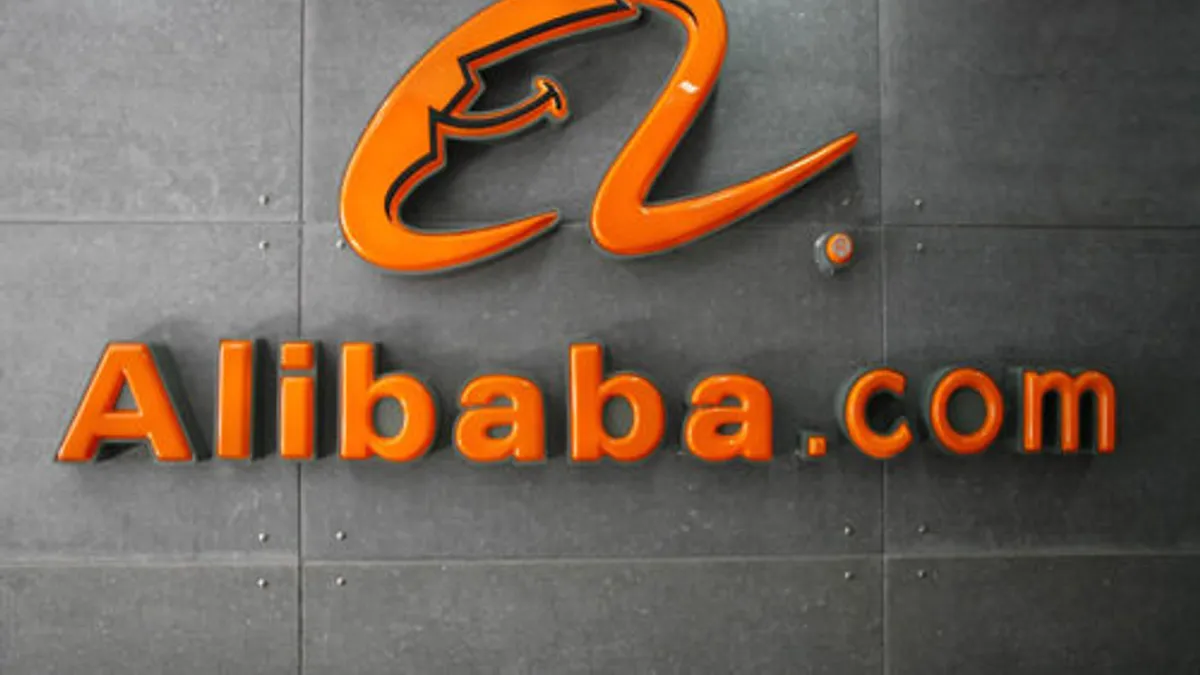Dive Brief:
- Chinese e-commerce company Alibaba will establish a subsidiary to build and distribute artificial intelligence (AI) inference chips that could be applied to autonomous vehicles, cloud computing and smart cities applications, reports Reuters.
- The company aims to release its first chip in the second half of 2019 and will also launch embedded processors as part of a strategy to avoid relying too heavily on U.S. imports, Alibaba co-funder and chairman Jack Ma said at an event in Hangzhou.
- This spring, Alibaba acquired chipmaker Hangzhou C-SKY Microsystems to help support its expanding Internet of Things (IoT) goals.
Dive Insight:
Alibaba has been eying the smart cities space for more than a year. In January, the company rolled out a smart cities platform in Kuala Lumpur, connecting 300 traffic lights and 500 traffic cameras with an eye towards easing congestion and building out a larger sensor network. Alibaba also started running road tests of an autonomous vehicle (AV) this spring, part of a massive investment into AV technology.
The opening of the new chip subsidiary sends a clear signal that Alibaba will not only be a major player in the smart technology space, but intends to drive most of it alone. The trade tensions between the U.S. and China are cited as a key reason why the company would limit imports, but China has also been stepping up its AV industry for years.
A spring report from consultants McKinsey&Company described the competition between Alibaba and Chinese giants Tencent and Baidu for AI technology, with the potential for China to become the world’s largest AV market. McKinsey found sales of cars and mobility services could exceed $500 billion in China by 2030. China is also outspending the U.S. in 5G infrastructure, setting the stage for the country to push far ahead in smart cities growth.










